Indigenous Governance Database
communications
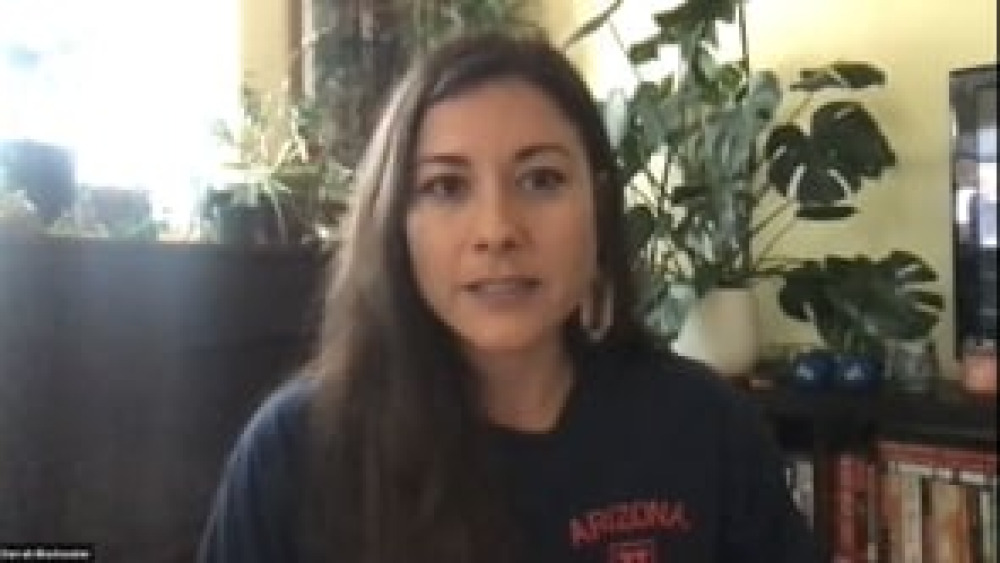
Indigenize the Internet: How to close the digital divide by respecting tribal sovereignty by Darrah Blackwater
Broadband internet and the tools necessary to access it are critical for economic development, education and employment opportunities, and public health and safety for tribal nations and their citizens. Broadband internet is an essential utility, especially during this global pandemic, which is…
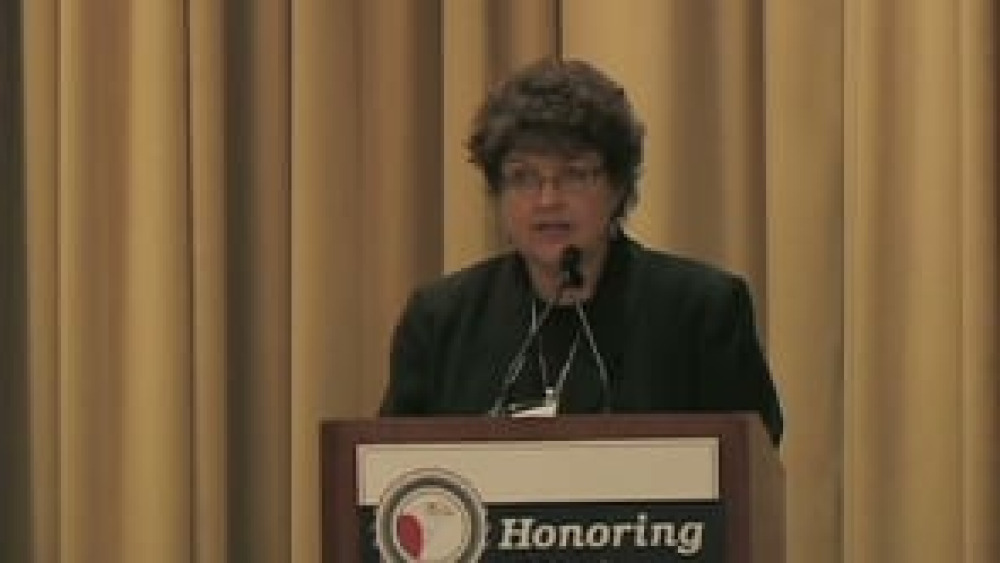
Honoring Nations: Jeannie Barbour: Chickasaw Press
Jeannie Barbour, creative director for the Chickasaw Nation, shares the history and success of the Chickasaw Press and discusses how it serves as a concrete expression of Chickasaw self-governance.

How Can Tribes Relate to Off-Reservation Citizens Better? Study Aims to Help
How do you define “home?” “Home is where one starts from” is one explanation, while another states, “Our feet may leave home, but not our hearts.” Where you call home is especially important to Native Americans who have left the familiarity of where they grew up among fellow tribal members and…
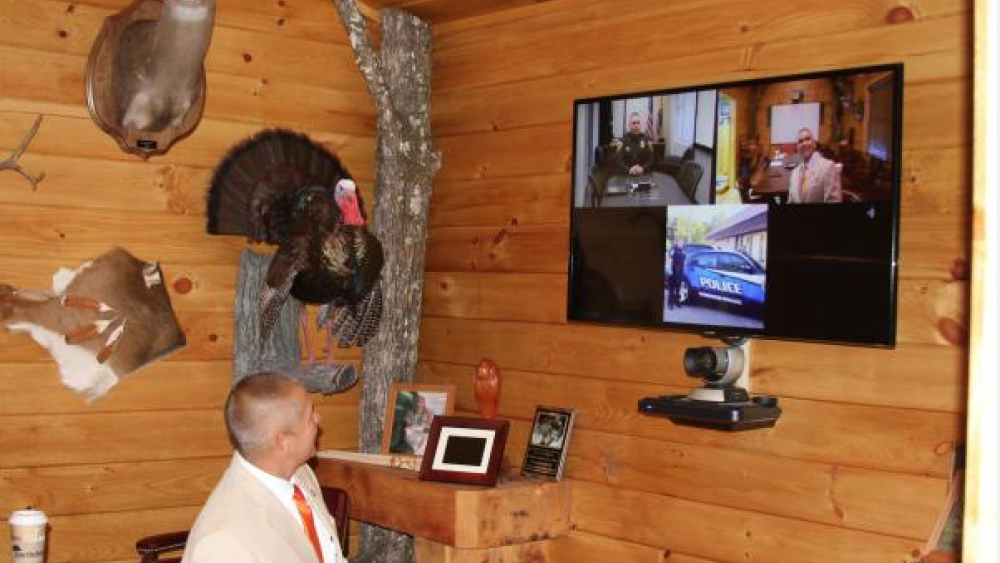
Face Time: Video Conferencing App Improves Business Relations for Eastern Band of Cherokees
Many employees of the Eastern Band of Cherokee Indians who tote tribal issued mobile devices are–or will be soon–getting more face time in with a video conferencing application. The Eastern Band, which employs about 1,100 workers, began its deployment of ClearSea, a high-definition video…
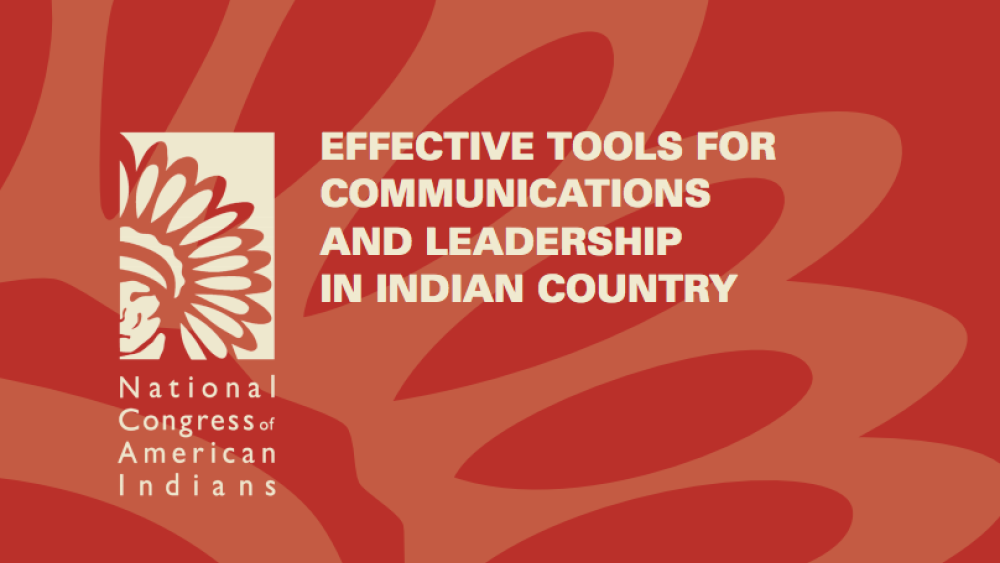
Effective Tools for Communications and Leadership in Indian Country
A thirty-six page toolkit, this NCAI publication outlines the tools, tactics, and strategies from tribal communications experts. The toolkit aims to help tribal leaders and Indian Country advocates in ever changing media and communications landscape.
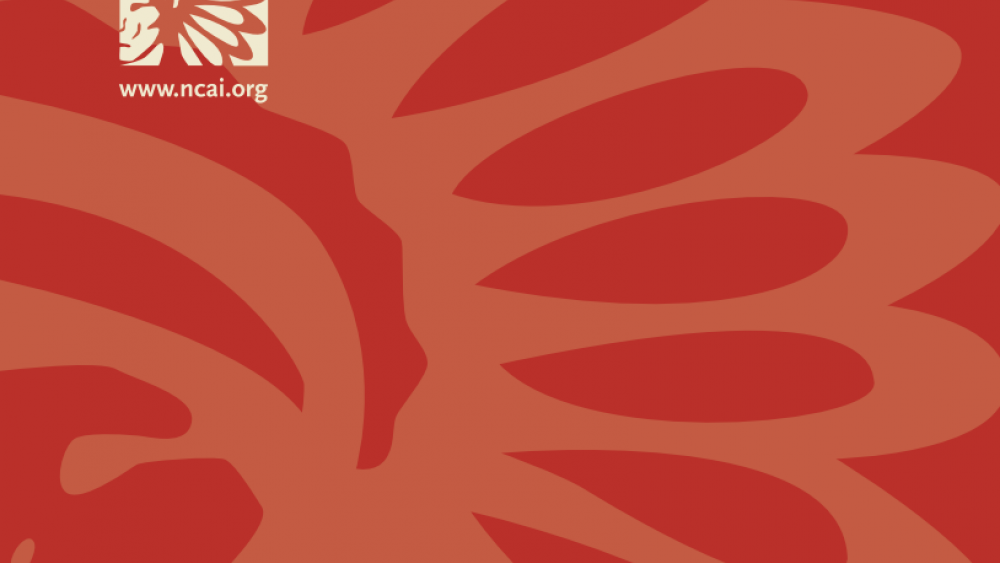
Leadership and Communications in Indian Country
This four-page report outlines the key findings from interviews with five tribal leaders and tribal communications officers across the country. The conversations focused on exploring how communications helps in their daily work, how the communications playing field has changed over the years and…
